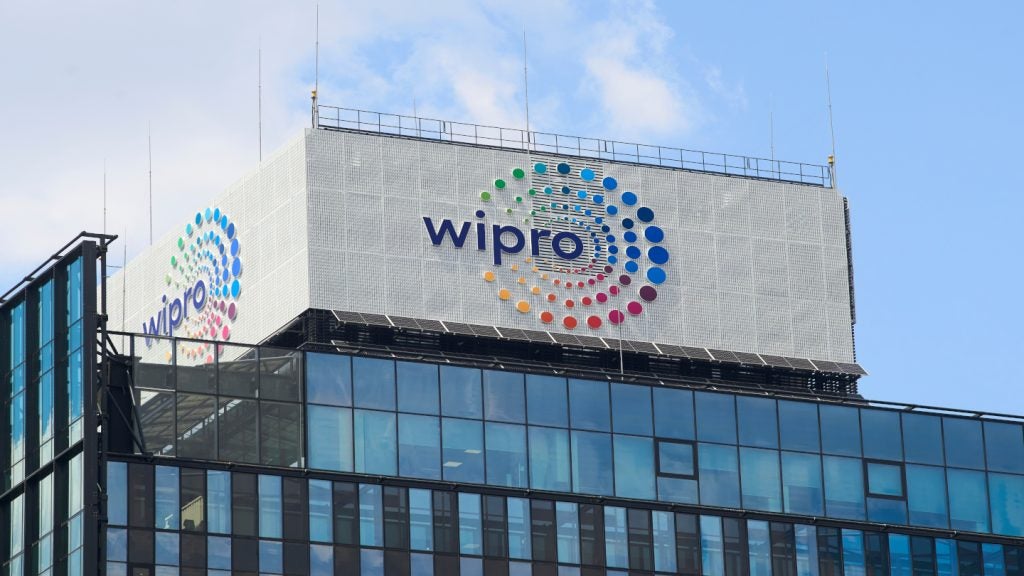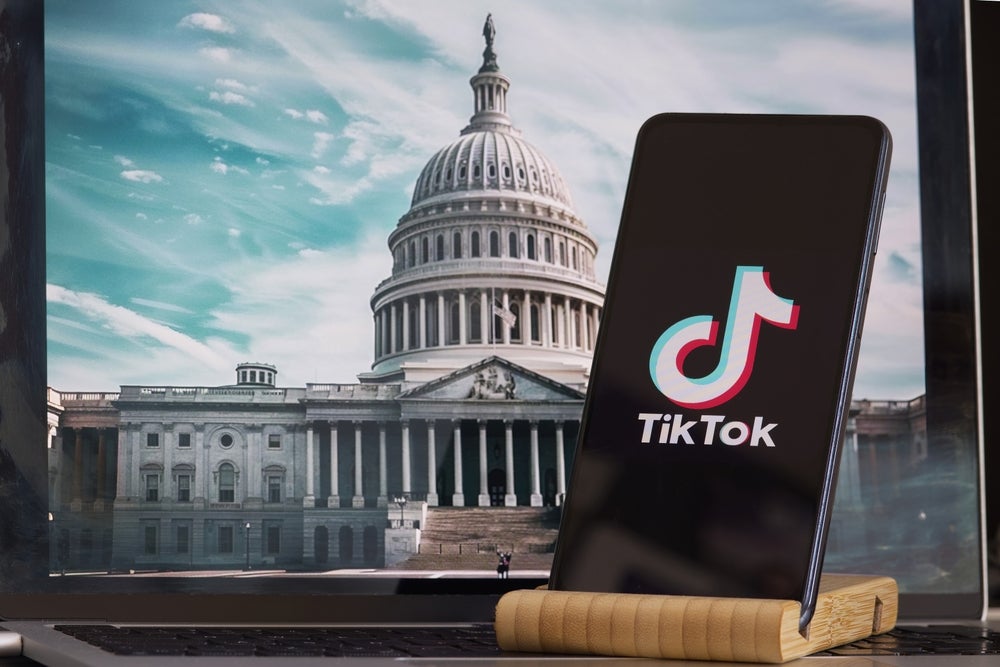
Today is World Mental Health Day, a day promoting mental health education and awareness. Although many organisations may mark the day by encouraging good mental health in the workplace, the infiltration of workplace technology into employees’ lives is an underlying problem that often goes unnoticed.
Thanks in part to technology, many now increasingly have the freedom to carry out their job from anywhere around the world, outside of the 9-5 working day. And with a growing number calling for flexible working to be available to all, this may soon become the norm. However, there is a dark side to advances in workplace technology in that it often makes it difficult for employees to stop working.
Although the ability to instantly receive and reply to messages, work remotely and hold virtual meetings may have benefits, and is widely regarded by many as being the future of work, the misuse of an increasingly connected workforce may have a negative impact on employee mental health.
With the ubiquity of smartphones, as well as wearable technology, many have adopted an “always on” mentality, a sense that employees must be contactable at all times. According to a study by the University of Reading, 61% of managers say technology has made it difficult to switch off from work, with 54% saying they often check their email outside of work hours.
World Mental Health Day: The dangers of employee burnout
Although the ability to instantly connect with colleagues or clients may appear to boost productivity, can lead to employee burnout. According to a survey by Blind, nearly 60% of workers in the tech sector reported experiencing burnout.
Jonathan Richards, CEO and founder at Breathe believes that this is not only counterproductive for businesses as a whole, but can also be detrimental to employee mental health:
How well do you really know your competitors?
Access the most comprehensive Company Profiles on the market, powered by GlobalData. Save hours of research. Gain competitive edge.

Thank you!
Your download email will arrive shortly
Not ready to buy yet? Download a free sample
We are confident about the unique quality of our Company Profiles. However, we want you to make the most beneficial decision for your business, so we offer a free sample that you can download by submitting the below form
By GlobalData“The ubiquity of technology has created an ‘always there, always on’ culture. People are finding it increasingly hard to ‘switch off’ and relax as they are pressured to work late and check emails outside of working hours. Presenteeism in the modern workplace can be toxic and counterproductive, draining people rather than allowing them to succeed.”
The addictive nature of technology, as well as an increased expectation for employees to be contactable almost round the clock may lead to stress, fatigue, anxiety and generally poor employee mental health.
This is only amplified by company cultures that rewards long working days and overtime, with research by SolarWinds revealing that over half of employees believe their boss expects them to be available all the time, with the ease at which employees can now carry out work outside of the office leading to increased pressure.
The value of a good work-life balance
This may not only impact individual employees, but also businesses as a whole, with the Corporate Executive Board finding that employees with a good work-life balance work 21% harder than those without.
With workplace technology such as virtual reality, digital assistants and robotic process automation set to transform the way we work, with the potential to enable greater flexibility when it comes to working hours and locations, it is vital that employers ensure that it does not bring with it negative impacts on mental health, and look carefully at workplace technology usage and the impact it can have on wellness.
Richards advises businesses to go beyond gestures and address elements of the modern workplace that may be negatively affecting mental health:
“Although not perfect, for us, offering paid benefits, prompting management teams to talk about mental ill-health and encouraging employees to get outside during lunch breaks has cultivated an environment where wellness is actively championed.
“It’s easy for businesses to say they are supporting mental health with a nice social post or blog on World Mental Health Day, it’s another thing to actually try and do something about it.”
Read More: RSA and Orwell Foundation envisage ‘dystopian’ future of work if tech is not controlled.







